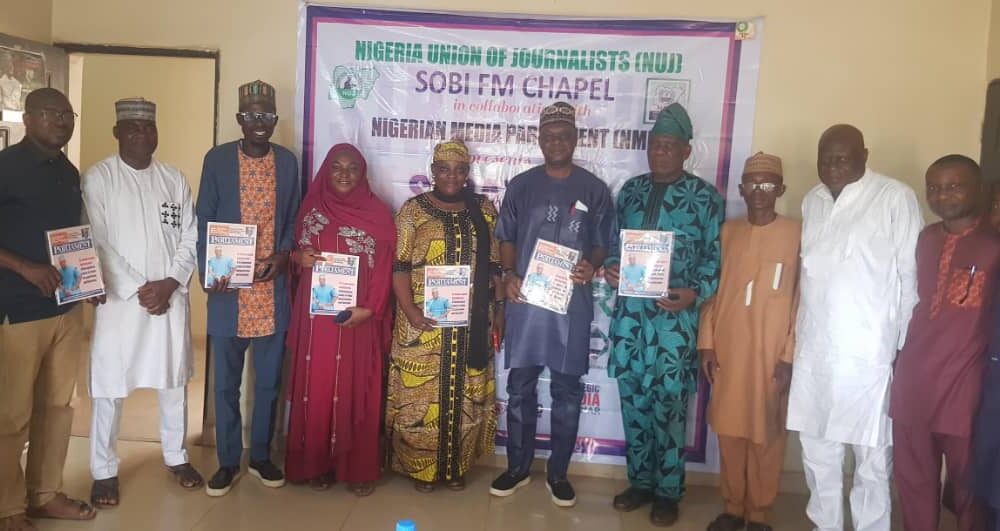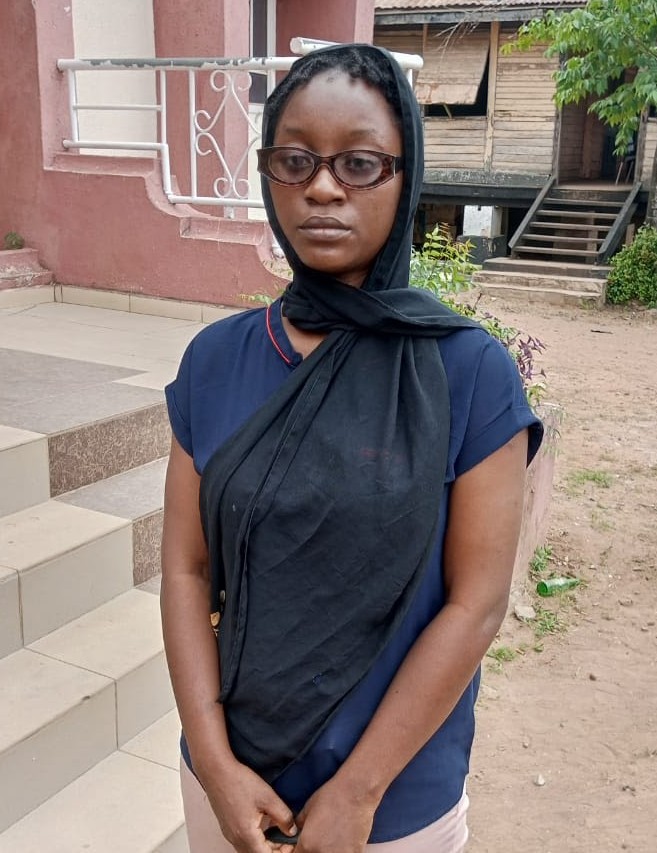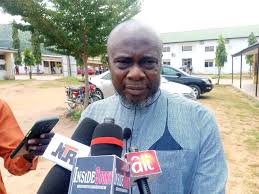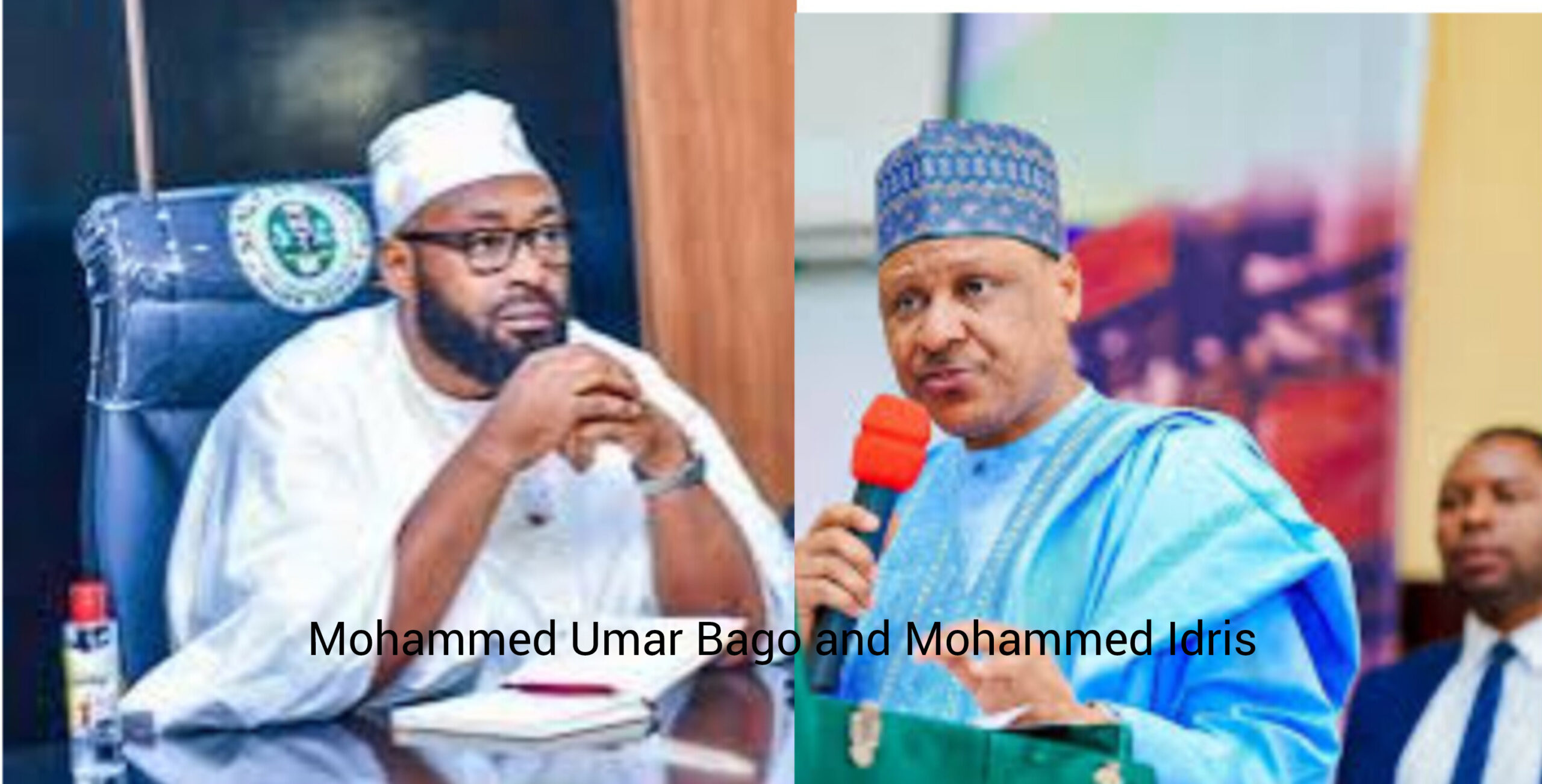The Registrar of the College of Education, Oro, Kwara State, Dr. Abdulkareem Amuda-Kannike, has called for a stronger collaboration between the media and organized labour unions to foster national development and good governance in Nigeria.
Speaking at the 4th Strategic Media Seminar organized by the Nigeria Union of Journalists (NUJ), Sobi FM Chapel, in partnership with the Nigeria Media Parliament (NMP), Dr. Amuda-Kannike emphasized that a responsive media, committed to professionalism and integrity, is key to amplifying the voices of labour movements and holding governments accountable.
The seminar, themed “Nigerian Organised Labour Movement and Nation Building,” brought together media professionals, labour leaders, and civil society stakeholders to examine the intersection between media coverage and the effectiveness of labour movements in driving social and political change.

Dr. Amuda-Kannike pointed out that while Nigeria’s labour unions have historically played a significant role in advocating for workers’ rights and social justice, the media remains a critical tool in amplifying these efforts to influence public policy and governance.
“The media has the power to shape narratives, influence public opinion, and drive accountability in governance,” he noted. “However, the journalism profession in Nigeria, particularly in Kwara State, is facing serious challenges. The NUJ must reclaim its role as the watchdog of society and strengthen its commitment to ethical reporting.”
He criticized the current state of the NUJ, alleging that it has become overly politicized and distracted from its primary mission of safeguarding the interests of both its members and the broader public.
Tracing the history of Nigeria’s labour movement back to the colonial period, Dr. Amuda-Kannike highlighted its critical contributions to the country’s struggle for independence and its ongoing fight for workers’ rights. He stressed that organized labour has been at the forefront of advocating for fair wages, better working conditions, and social justice.
“The labour movement was a powerful force against colonial exploitation and has remained a critical player in Nigeria’s democratic journey,” he said. “Today, it continues to be a pillar of political stability, advocating for policies that address inequality, poverty, and workers’ welfare.”
However, he warned that the effectiveness of labour unions is being undermined by internal issues such as opportunism, sycophancy, corruption, and the rise of ‘labour godfatherism.’
Dr. Amuda-Kannike urged media professionals to recommit to ethical journalism, stressing that responsible reporting is vital for fostering transparency and good governance. He also called on the NUJ to prioritize professional development and focus on its role as a defender of democracy.
“Journalists must rise above personal interests and divisions to play their role as society’s watchdog,” he asserted. “Similarly, labour unions must unite and remain steadfast in their mission to protect workers’ rights and promote national development.”
He also encouraged union leaders to address the growing issues of unemployment, poor working conditions, and political interference in labour affairs, emphasizing that labour movements can only be effective if they are free from internal corruption and external manipulation.
Dr. Amuda-Kannike praised the leadership of NUJ Sobi FM Chapel and the Nigeria Media Parliament for creating a platform to discuss these vital issues, suggesting that similar forums should be replicated across the country to foster dialogue on the role of media and labour in nation-building.
“The media must reclaim its position as the Fourth Estate of the Realm, championing the common good and fostering democratic governance,” he concluded.
The seminar provided a critical space for stakeholders to explore the synergy between the media and labour unions, with participants agreeing that a united, ethical media and a robust labour movement are essential for Nigeria’s socio-political and economic growth.




